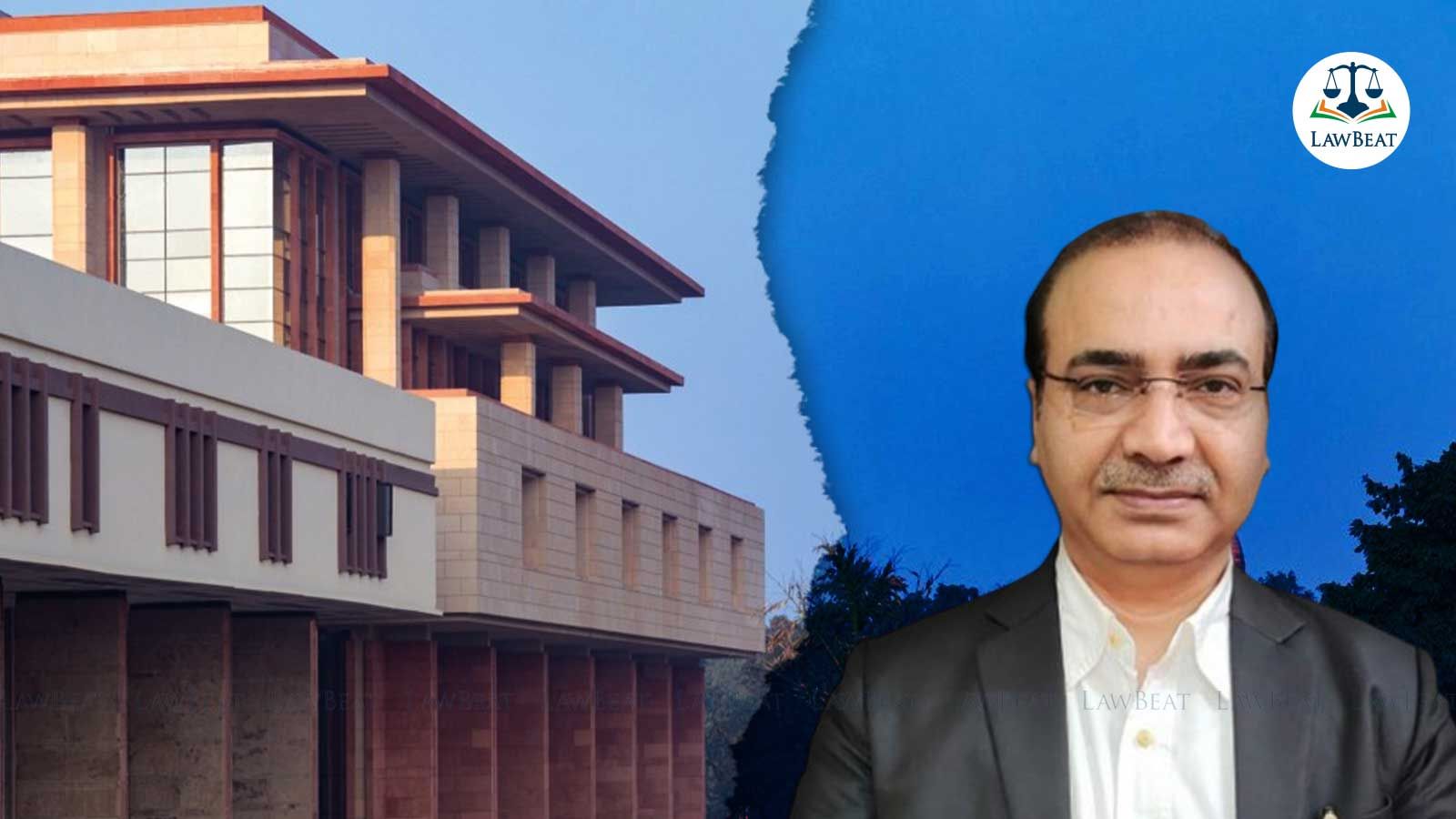Delhi HC reserves order in plea seeking directions to Law Commission to prepare comprehensive report to control fake cases

The PIL filed by Advocate Ashwini Kumar Upadhyay seeks direction to the Law Commission of India to prepare a comprehensive report to control “fake cases” and to “reduce the police investigation time and precious time of judiciary”.
The Delhi High Court on Monday "reserved order" in a Public Interest Litigation (PIL) seeking directions to the Law Commission of India to prepare a comprehensive report to control “fake cases” and to “reduce the police investigation time and precious time of judiciary”.
A division bench of Chief Justice Satish Chandra Sharma and Justice Subramonium Prasad said, “We will not go beyond CrPC, please show us where it is written in the CrPC that it is mandatory and the police is required to ask the complainant. We are not the lawmakers.”
During the hearing, Advocate Ashwini Upadhyay appeared in person and contended that there are so many false cases, and after 10-20 years people are getting acquitted. “There is a massive misuse of particular cases...Last week in Punjab a female journalist was put behind the bar, she was charged under the SC/ST Act, on being inquired the complainant didn't even know the accused”, he submitted.
Upadhyay contended, “I am only asking that a report be made to control fake cases. How should fake cases be controlled, My Lord? Some solution has to be arrived at for fake rape cases, molestation cases, and SC/ST cases. People are being charged under them and end up behind bars for 10-15 years, and later are acquitted. Their 10 years of life is lost”.
He also submitted, “I am not seeking a writ of mandamus to the Centre to enact a law. I am only requesting what My Lordships has already done in many other cases. I am only requesting... At least there is a committee report o examine the Evidence Act, CrPC, and IPC, let this be considered for the present representation. Let this be placed for consideration before the 5- member Committee. Something should be done to control these fake cases”.
Taking note of the submissions, the division bench reserved the order.
The plea seeks directions to the Police to ask the complainant about her willingness to undergo scientific tests like Narco Analysis, Polygraphy, and Brain mapping during the investigation to prove her allegation and record her statement in the First Information Report. It also seeks direction to the Police to ask the accused about her willingness to undergo Narco Analysis, Polygraphy, and Brain mapping test to prove her innocence and record her statement in the chargesheet.
The plea states that it will work as a deterrent and there will be a massive reduction in fake cases as well as police investigation time and judicial time. “It will also secure the right to life, liberty, and dignity of thousands of innocent citizens who are under tremendous physical mental trauma and financial stress due to fake cases”, the plea added.
“Presently, with the growth of technology and new means to aid justice, the investigating agencies of the developed countries like USA, China, Singapore, etc are frequently using scientific tests like Narco Analysis, Polygraphy and Brain Mapping and therefore, fake cases are very less but ‘deception detection tests’ are rarely used in India that’s why police stations and courts are filled with fake cases”, the plea reads.
According to the petitioner, “narco-analysis” does not amount to compulsion as it is a mere process of extracting information through disinhibition.
“Courts in many instances have permitted the use of different scientific tests for further investigation. The narco-analysis test is conducted by a team that comprises the medical practitioners and other officers: an anaesthesiologist, a psychiatrist, a clinical/ forensic psychologist, an audio-videographer, and supporting nursing staff. The test is read and analyzed by a forensic psychologist, who then presents a report accompanied by a video recording stored on a CD. If the Courts find it necessary, then this test is further verified through brain mapping and polygraph (lie detector) test”, the plea states.
Case Title: Ashwini Kumar Upadhyay v. UOI & Ors.
